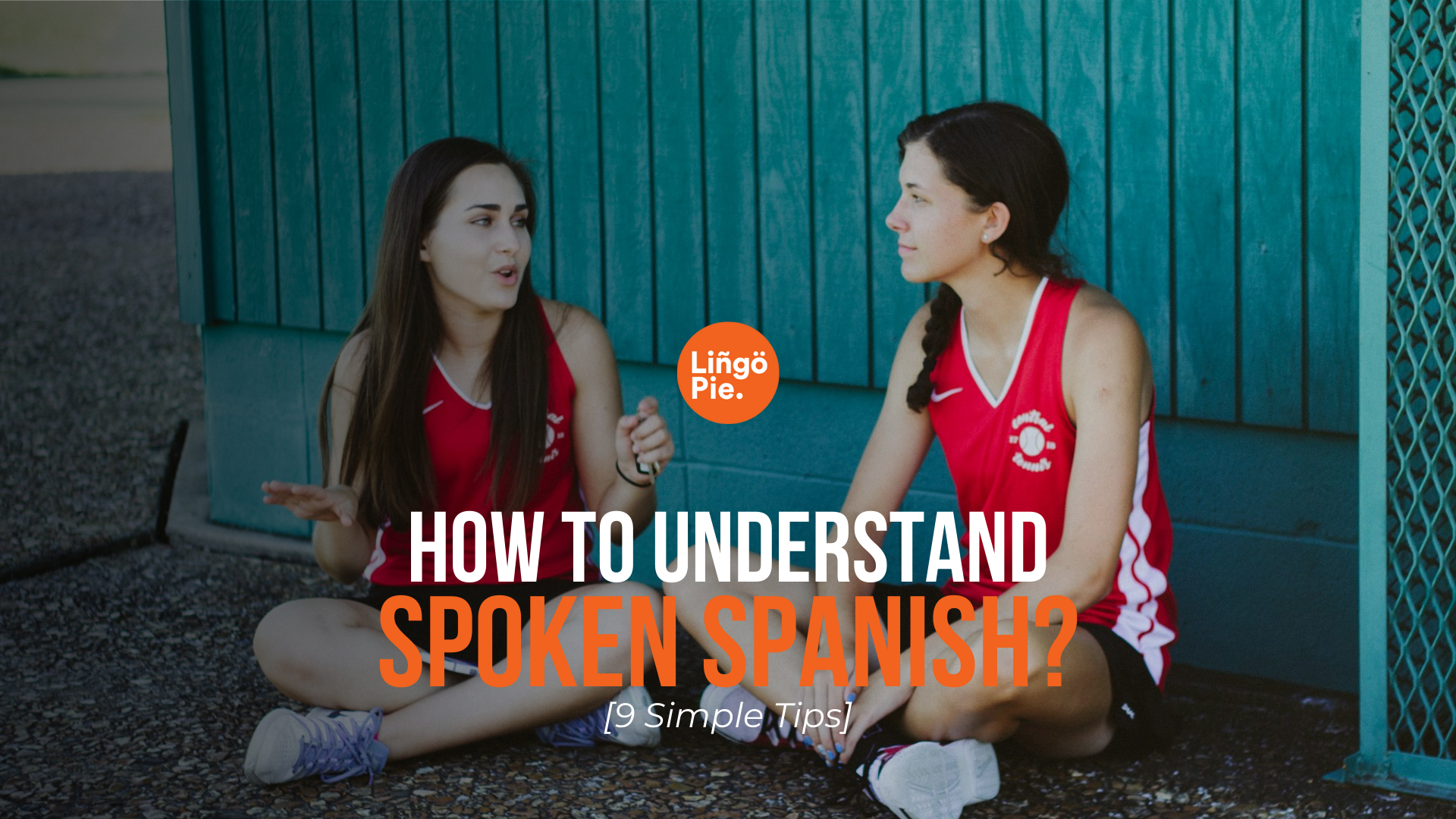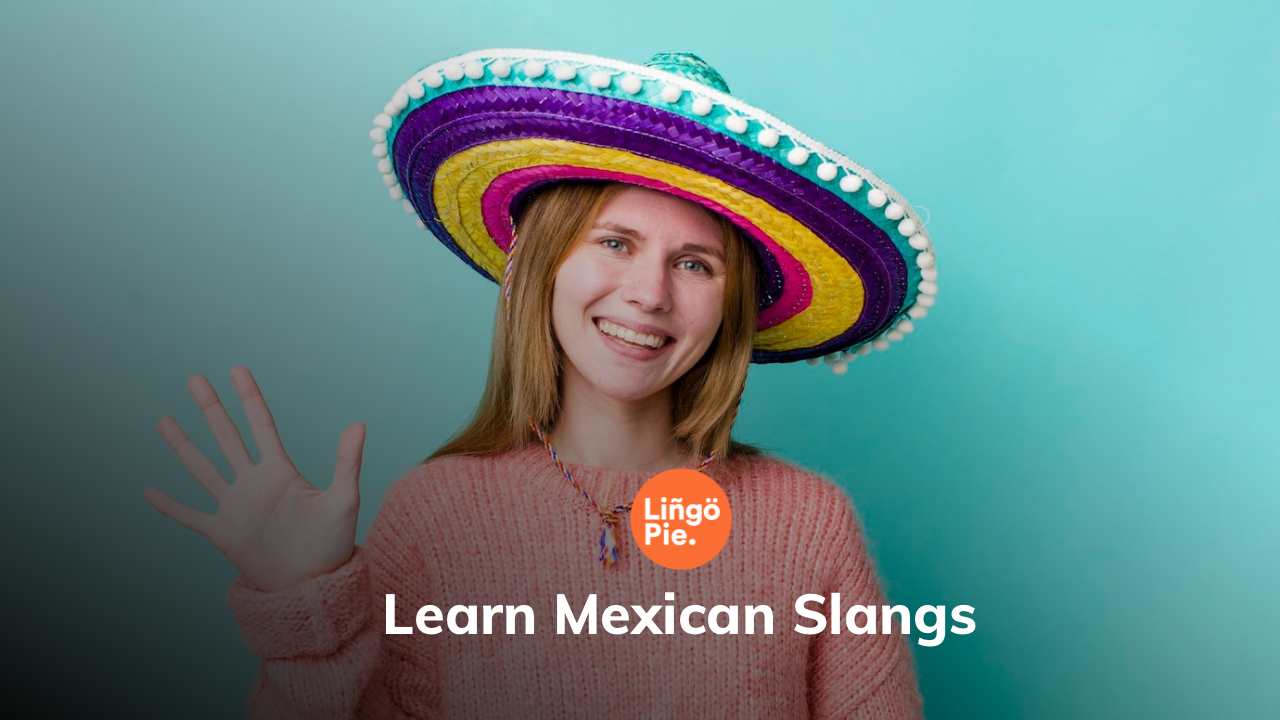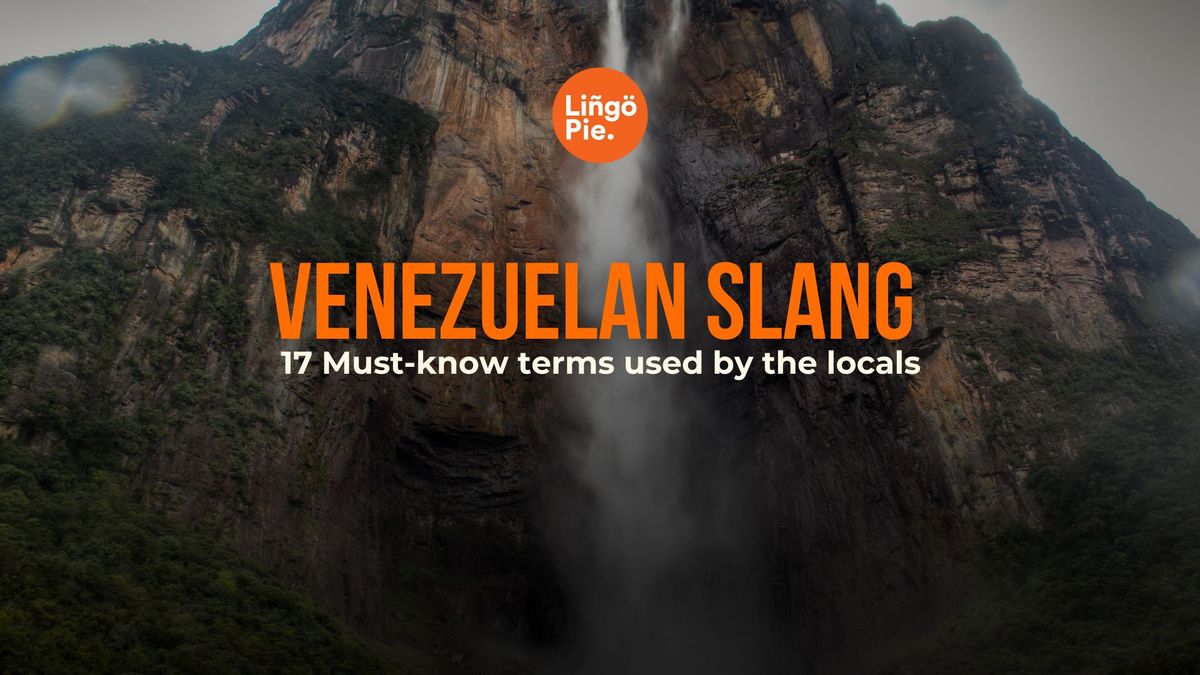As a Latina, I assumed I would understand any Spanish expression from Spanish-speaking countries. Oh, how wrong I was! More than once, I found myself somewhat lost in conversations with my Venezuelan friends. Their words sometimes left me wondering, "Did I just hear that right?"
The truth is that Venezuelan slang has a character of its own, filled with phrases that capture the humorous nature of its people. So, in this article, we'll explore some of the most popular Venezuelan expressions you might come across in everyday conversations.
By the end, you'll know how to recognize these Spanish terms, what they mean, and maybe even how to throw a few into your own conversations. Let's get started!
- How To Become Fluent in Spanish: 5 Best Tips [2025]
- Spanish Curse Words: 20+ Crazy Bad Words In Spanish
- How To Say Cheers In Spanish: 5+ Easy Toasts

Why Learn Venezuelan Slang As A Spanish Learner?
If you're learning Spanish, you might wonder: is it worth learning Venezuelan slang? The answer is absolutely! Why? Because it's like getting the insider scoop on how people really talk in everyday situations.
When you know slang, you can follow conversations more easily, especially in casual settings where people tend to drop formalities. You'll be able to catch Spanish jokes, understand cultural references, and feel more confident chatting with the locals.
Slang also gives you a glimpse into the culture itself. Every slang term tells you something about people and their experiences. By learning phrases commonly used in Venezuela, you'll pick up on local humor and values, which creates more meaningful interactions. Plus, it shows that you care about the language and the culture, and locals usually appreciate that effort.


17 Venezuelan Slang Terms You Need In Your Vocabulary
If you want to really get the hang of Spanish, learning some local slang is a great way to go. Let’s take a look at 17 must-know Venezuelan slang words that you’ll definitely want in your toolkit.
1. Pana
This is the go-to word for “friend” or “buddy” in Venezuela. You’ll hear it tossed around in casual conversations all the time.
Meaning: Friend or buddy.
Example: “¿Qué tal, pana?” (What’s up, buddy?)
2. Chamo/Chama
Whether you’re talking about a guy or a girl, “chamo” and “chama” are informal ways to refer to someone. It's a friendly term that feels casual and relaxed.
Meaning: Guy or girl, often used informally.
Example: “Ese chamo es buena gente.” (That guy is a good person.)
3. Vaina
I think this term is something that many of us Latinos have in common. This handy word can mean just about anything! Use it whenever you can’t think of the right word or want to refer to something vague.
Meaning: Thing or stuff; a catch-all term.
Example: “Pásame esa vaina.” (Pass me that thing.)
4. Burda
When someone says “burda,” they mean a 'lot' or 'very much.' It adds emphasis, so if you want to express something strongly, this is your word.
Meaning: A lot, very, or extremely.
Example: “Estoy burda de cansado.” (I’m really tired.)
5. De Pinga
Use this phrase to express how awesome something is. It’s a fun way to compliment something or share excitement.
Meaning: Cool, awesome, or great.
Example: “La fiesta estuvo de pinga.” (The party was awesome.)
6. Arrecho
This word can mean angry or upset, but in some contexts, it can also mean something really great. Pay attention to the vibe when you hear it!
Meaning: Angry or upset; context-dependent.
Example: “¡Estoy arrecho con eso!” (I’m really mad about that!)
7. ¡Epa!
This is a casual and cheerful way to greet someone, like saying “Hey!” It’s a friendly opener that sets a relaxed tone.
Meaning: A casual greeting.
Example: “¡Epa! ¿Cómo estás?” (Hey! How are you?)
8. Fino
When something is “fino,” it’s nice or cool. You can use it to describe anything you think is impressive or enjoyable.
Meaning: Nice or cool.
Example: “La comida estuvo fina.” (The food was nice.)
9. Ladilla
If something is annoying or bothersome, you can call it a “ladilla.” It’s a great way to express frustration.
Meaning: Something annoying.
Example: “Qué ladilla hacer eso.” (It’s annoying to do that.)
10. Pelar bolas
This phrase left me very confused the first time I heard it. It is a humorous way of saying you’re broke or low on money. It’s very common among young people.
Meaning: To be broke.
Example: “Este mes estoy pelando bolas.” (This month, I’m broke.)
11. Tranquilito
If someone tells you to be “tranquilito,” they’re encouraging you to take it easy. It’s an encouragement not to stress out.
Meaning: Take it easy or relax.
Example: “Tranquilito, todo va a salir bien.” (Take it easy, everything will be okay.)
12. Cónchale
This expression shows surprise or frustration, much like saying “Geez” or “Darn.” It’s perfect for those moments when things don’t go as planned.
Meaning: An expression of surprise or frustration.
Example: “Cónchale, se me olvidó.” (Geez, I forgot.)
13. Bochinche
A “bochinche” is a loud gathering or party, often with lots of fun and chaos. If someone invites you to a bochinche, you know it’s gonna be fun!
Meaning: A commotion or party.
Example: “Vamos al bochinche esta noche.” (Let’s go to the party tonight.)
14. Chévere
Use this word to describe something you find great or cool. It’s widely understood and often used in various Latin American countries, too.
Meaning: Cool or great.
Example: “Esa película fue chévere.” (That movie was great.)
15. ¡Está Pelú’o!
This phrase is a playful way to say that someone is in trouble or that a situation is complicated. It’s often used lightheartedly.
Meaning: Someone is in trouble or facing a tough situation.
Example: “¡Está pelú’o! No sé cómo voy a salir de esto.” (He’s in trouble! I don’t know how I’m going to get out of this.)
16. Echar Los Perros
This fun expression means to flirt or hit on someone. You might hear it when friends are teasing each other about romantic interests.
Meaning: To flirt or hit on someone.
Example: “Estaba echándole los perros a la chica en la fiesta.” (He was flirting with the girl at the party.)
17. Vale
You can use this word to say “okay” or “fine.” It’s a versatile term that can show agreement or understanding in a conversation.
Meaning: Okay or fine.
Example: “Vale, nos vemos más tarde.” (Okay, see you later.)

Learn Venezuelan Slang With Lingopie!
And that’s a wrap! We’ve uncovered 17 awesome Venezuelan slang words that can really spice up your Spanish conversations. You can use these phrases when you talk with friends or if you want to impress someone with your knowledge of local lingo. These phrases will definitely give some personality to your conversations, and who doesn’t love adding a bit of flair to their language skills?
And if you’re excited to keep learning and practicing Spanish, I highly recommend checking out Lingopie. It’s a super fun way to learn by watching movies and TV shows in Spanish so you can hear how all those slang words fit into real conversations.
Why not give it a shot? You’ll be picking up new phrases and having a blast in the process.







![30+ Modern English Slang Terms For Money [Guide]](/blog/content/images/size/w300/2025/06/Slang-term-for-money.jpg)
![5 Official Spanish Language Tests To Show Your Proficiency Level [Guide]](/blog/content/images/size/w300/2025/06/Spanish-Language-Tests.jpg)

![Why Memorizing Spanish Words Won’t Make You Fluent [Tips]](/blog/content/images/size/w300/2025/06/how-to-practice-spanish-vocabulary.jpg)